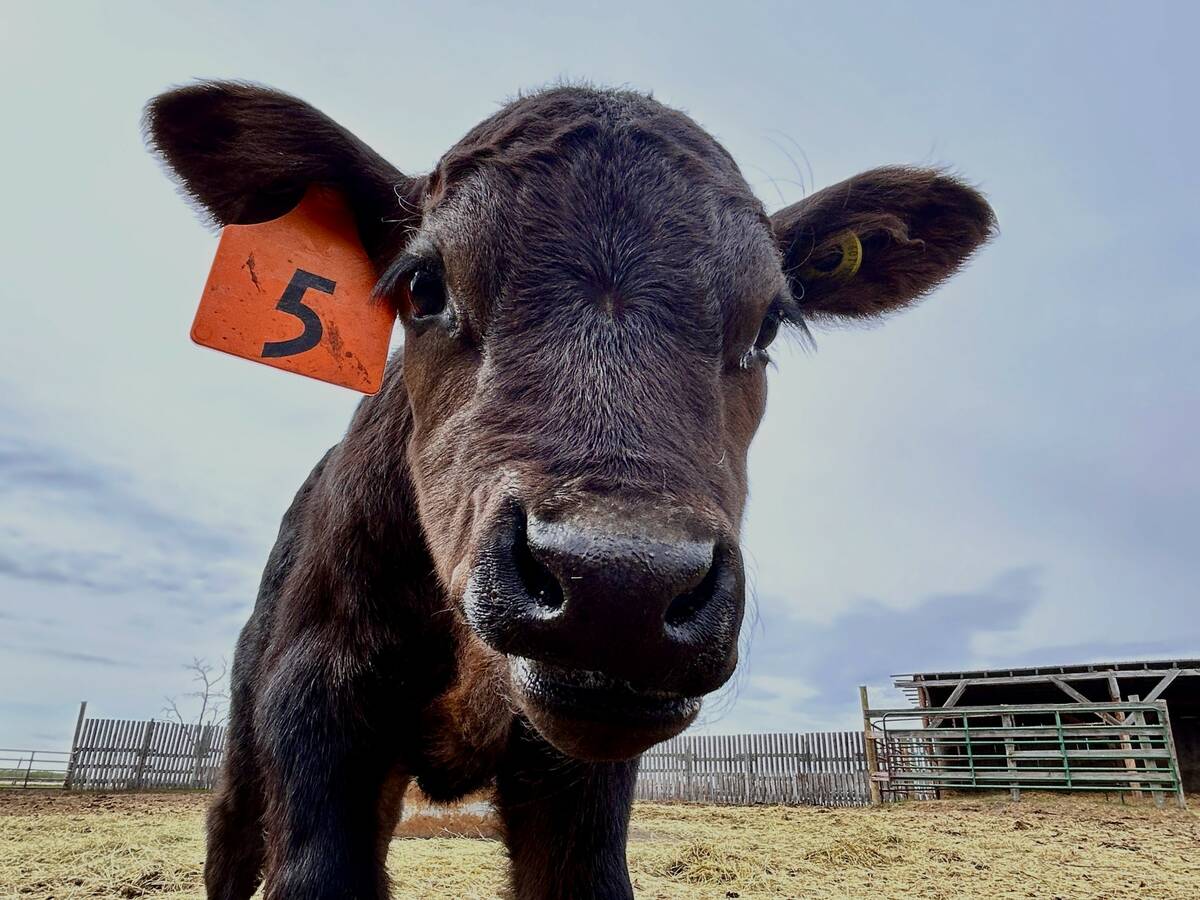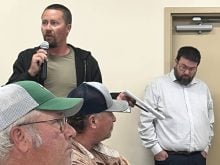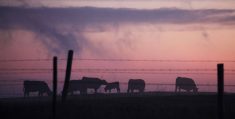LAKE LOUISE, Alta. – A high-capacity bulk grain terminal on the West Coast is still in the proposal stage even though its owner says it will be open for business within 12 months.
Peter Smith, head engineer for the Vancouver Port Authority, said as landlord, the authority has heard nothing from Mercury Terminals International about plans to build, much less be ready to accept grain in 1996. The privately owned terminal would be located on the last piece of open property of Roberts Bank owned by the Vancouver Port Authority.
Read Also

Calf hormone implants can give environmental, financial wins
Hormone implants can lead to bigger calves — reducing greenhouse gas intensity, land use intensity and giving the beef farmer more profit, Manitoba-based model suggests.
“At this point in time we have no long-term commitment from Mercury Terminals … other than a month-to-month (lease) option on that property. We’re waiting for some kind of announcement from Mercury on what their plans will be,” said Smith.
Mercury Terminals is owned by Erik Tofsrud of Stolwart Financial Limited and other unidentified investors. Tofsrud is a past-president of the Vancouver Port Authority board of directors.
Tofsrud gave a glowing progress report about the terminal to the Western Canadian Wheat Growers Association during its annual convention Jan. 5.
The terminal is expected to be designed to unload a minimum of four unit trains with 112 cars each. Grain will be cleaned on the prairies so it’s ready for delivery to customers once it reaches the coast.
Construction proposals started three years ago.
Residents in the Delta area which borders the port property were told the project was thwarted because the company had run into financial problems. They also heard there wasn’t enough clean grain available from the Prairies to justify building a high throughput terminal, said Valerie Roddick, who farms in the area. She is also a member of the Delta Area Planning Commission.
Tofsrud said construction is delayed because his company is waiting for the results of an environmental impact review. The major concern is traffic congestion and noise such a facility could create.
“The environmental agencies have raised concerns that are valid in many instances. I think in certain areas they may go too far without seeing what kind of impact it will have on the economy in the area,” Tofsrud said in an interview.
However Smith said as far as the port authority is concerned, no review has been done.
“Until there is a project, you can’t carry out a review,” he said.
The public wants to know what kind of products will be traveling to the terminal, how much and what kind of traffic will be moving through and what the capacity of the facility will be.
“When this project is ready to go ahead, it will go through a full environmental review and the public will get a chance to see what is being proposed. At present time the port has no long-term lease in place. We’ve made no commitments to anybody in terms of what they can do out there,” said Smith.
















